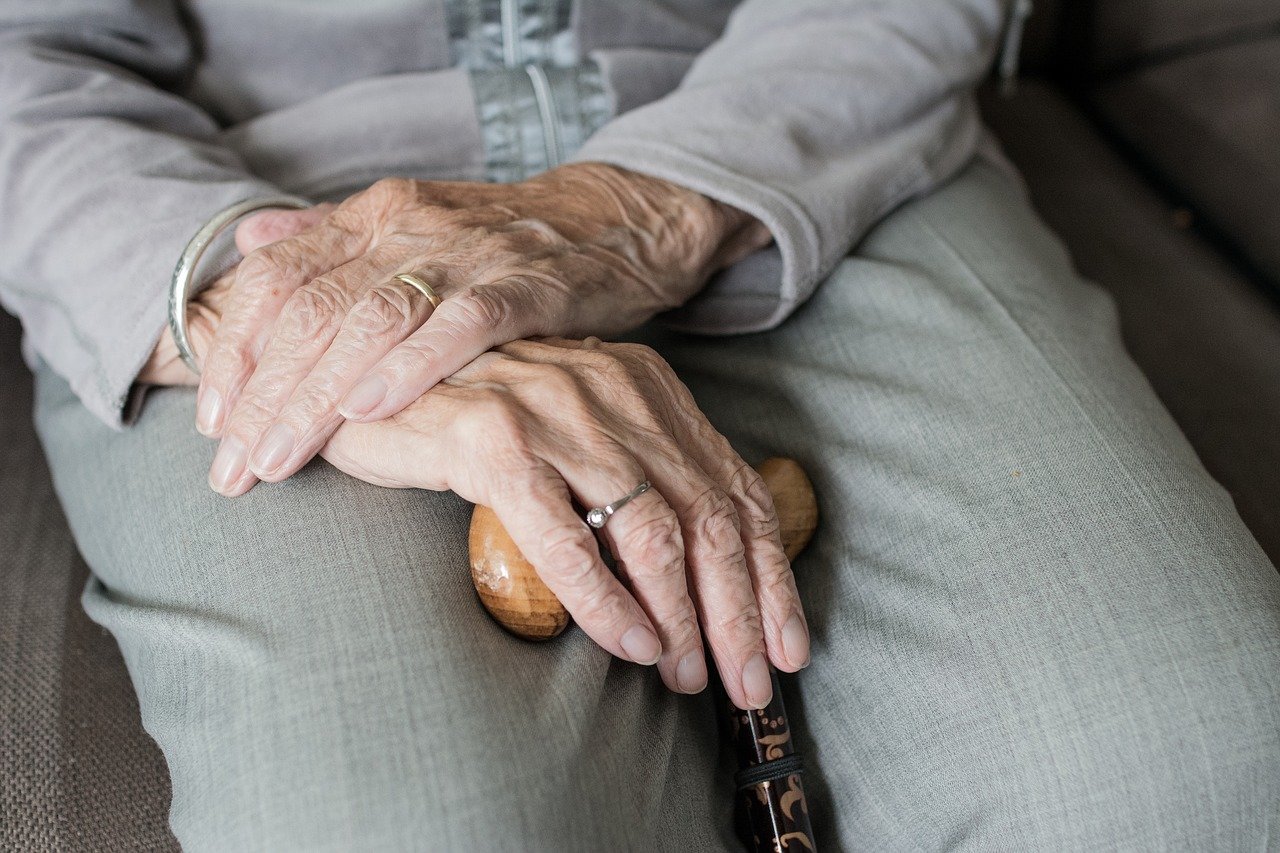 HARRISBURG, Pa. – Continuing its work on the growing issue of social isolation among older adults, the Pennsylvania Council on Aging (PCoA) hosted a Social Isolation Symposium to present information and resources virtually to individuals who work with older adults, including caregivers, health care staff, stakeholders and the public.
HARRISBURG, Pa. – Continuing its work on the growing issue of social isolation among older adults, the Pennsylvania Council on Aging (PCoA) hosted a Social Isolation Symposium to present information and resources virtually to individuals who work with older adults, including caregivers, health care staff, stakeholders and the public.
Titled “Directions for Connections,” this first-of-its-kind event in Pennsylvania featured nationally known speakers focusing on the impact of social isolation, and how to get older adults engaged to ensure their continued health and wellbeing.
The two-day event drew close to 700 attendees to participate in more than a dozen workshop sessions or select those of particular interest. Session topics included how to prevent social isolation among LGBTQ older adults; supporting seniors to stay healthy during a pandemic; using partnerships and collaborations to reduce social isolation; staying social in a socially distanced world; and getting seniors online.
“Social isolation is strongly correlated to poor health, increased mortality rates and dementia. With the forced isolation of the COVID-19 pandemic, PCoA has been dedicated to looking at how we can intercept older adults and offer programming that embraces the daily realities of the pandemic but also provides a roadmap for where we go on this issue after the pandemic,” said PCoA Executive Director Faith Haeussler. “PCoA was excited to bring together such a variety of expert voices around this topic and I thank the PCoA’s Social Isolation Task Force and Task Force Chair Janice Cameron for leading research and exploration of this issue that helped shape this unique event. We hope this exchange of ideas and resources has fueled even more creativity, collaboration and ultimately more connection for older adults.”
“Social isolation has been one of the top concerns for the Pennsylvania Department of Aging before and since the COVID-19 pandemic began. We have worked to gain a deeper understanding of the problem and created effective interventions through collaborations with our stakeholders and partners. We were able to equip some long-term care facilities with communication devices for residents to connect with loved ones, establish a pilot program with Slippery Rock University students and faculty to engage with seniors to prevent isolation, and offer assistive technology devices to older adults living with a disability,” Secretary of Aging Robert Torres said. “I would like to thank the PCoA for putting together this symposium, which offered great information for attendees to use to further assist with preventing social isolation among older Pennsylvanians.”
Among the featured speakers were Patrick Arbore, Ed.D, founder and director of the Center for Elderly Suicide Prevention and Grief Related Services (CESP), who discussed loneliness and social isolation and the urban minority elderly; Dr. Barry Jacobs, a noted clinical psychologist and family therapist, who spoke about engaging, supporting and empowering family caregivers; and Im Ja Choi, founder and CEO of Penn Asian Senior Services (PASSi), who gave a presentation on how the center has been virtually connecting with Asian Pacific American older adults.
“We are grateful to the Department of Aging and PCoA for choosing such an important topic for the senior community, particularly the Asian Pacific American senior population. We greatly appreciate the opportunity to share our experiences helping to ensure that our Asian Pacific American seniors elders did not experience the negative health outcomes related to isolation during the pandemic,” Choi said.
In April 2020, PCoA released the findings of a statewide survey it conducted to assess the status, needs and interests of older adults during the COVID-19 outbreak. Topics included food access, public risk factors, and social connection. Conducted in both English and Spanish, the brief online survey drew more than 3,700 responses from older adults across Pennsylvania. The survey included questions on how often the older adult communicates with people outside their home, technologies they are using to connect, how often they are leaving their home during this pandemic and their primary reasons for doing so. Findings indicated interest among older adults, especially those who live alone, in connecting more, and in using technology to get services, connect with loved ones, attend religious services and enrich their overall lives.
The Pennsylvania Council on Aging serves as an advocate for older individuals and advises the Governor and the Department of Aging on planning, coordination, and delivery of services to older individuals. The Council’s 21 volunteer members, the majority of whom are required to be age 60 or older, are nominated by the Governor and approved by the Senate. Members of the Council also serve as chairpersons for five regional councils with more than 70 volunteers, which meet quarterly. These regional councils gather information and insights on local needs and service delivery and report their findings to the Council. They also serve as resources for research and community outreach efforts.
Copyright © 2024 EYT Media Group, Inc. All rights reserved. Any copying, redistribution or retransmission of the contents of this service without the express written consent of EYT Media Group, Inc. is expressly prohibited.








